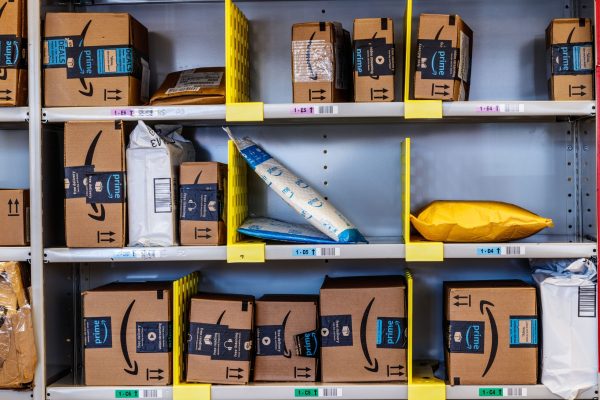Key performance indicators (KPIs) are at the heart of your logistics business’ success. KPIs collate data which enables you to zero in on what is working in your business and what isn’t, revealing your strengths and weaknesses.
This knowledge allows you to build on what you’re doing right and work on what you could improve.
But as each logistics company has its own unique goals, a one-size-fits-all approach to tracking KPIs doesn’t work. Goals also change with time, so the logistics KPIs that you utilise this year may not be helpful next year.
Let’s go over some of the more common logistics company goals and align them with the core KPIs, allowing you to stay on target and work as efficiently as possible.
Decreasing shipping costs
It usually falls to managers to reduce shipping costs, but there are several strategies you can deploy today to further facilitate these reductions. One is to utilise a transportation management system (TMS).
But before settling on a strategy, you need to get a clean read of your total freight spend. This includes packing, shipping, TMS fees, staff pay, the cost of maintaining your fleet, and so on.
Here’s a list of cost indicator KPIs you can apply to your business:
- Sales vs. outbound freight costs
- Purchases vs. inbound freight costs
- Freight cost per unit shipped
- Per unit TMS cost
- Quote vs. actual invoiced costs
Managing freight costs
It’s vital to manage and track your freight specific rates in order to establish a complete view of your logistics costs. Freight rate management KPIs are therefore at the core of your logistics scorecard.
Here are some freight rate management KPIs to consider:
- Perfect order percentage
- Average cost of transportation per kilometre
- Detentions
- Delays
- Fuel efficiency assessments
Service performance improvement
Ensuring quality service performance triggers a positive chain reaction across other goals, such as bettering customer experience and relations. Thus, service performance KPIs should be a part of your operational scorecard.
Some suggested service performance metrics to track:
- Damage rate / cargo loss
- Claims percentages
- Labour productivity
- Average loading and unloading times
- Planned time in transit vs. actual
Carrier and inbound vendor compliance management
To reduce shipping costs and manage supply chain discrepancy risks, proper carrier and inbound vendor compliance is essential. Getting out of step with compliance puts your business at risk of fines, damaged freight, delayed shipments and more.
Carrier and inbound vendor compliance KPIs to track:
- Load acceptance and rejection metrics
- Percent trucking capacity
- Freight billing accuracy
- Kilometres driven outside prescribed routes
- Routing guide compliance
Teaming up with Sprint Logistics
Key performance indicators (KPIs) remain vital to effective, smoothly running logistics operations, and utilising a logistics scorecard to monitor strengths and weaknesses is a good way to ensure that your business performs up to its potential.
Our team of experts at Sprint Logistics are here to help you achieve your logistics goals. Find out more about our services and how we can optimise and streamline your freight operations and benefit your business.




